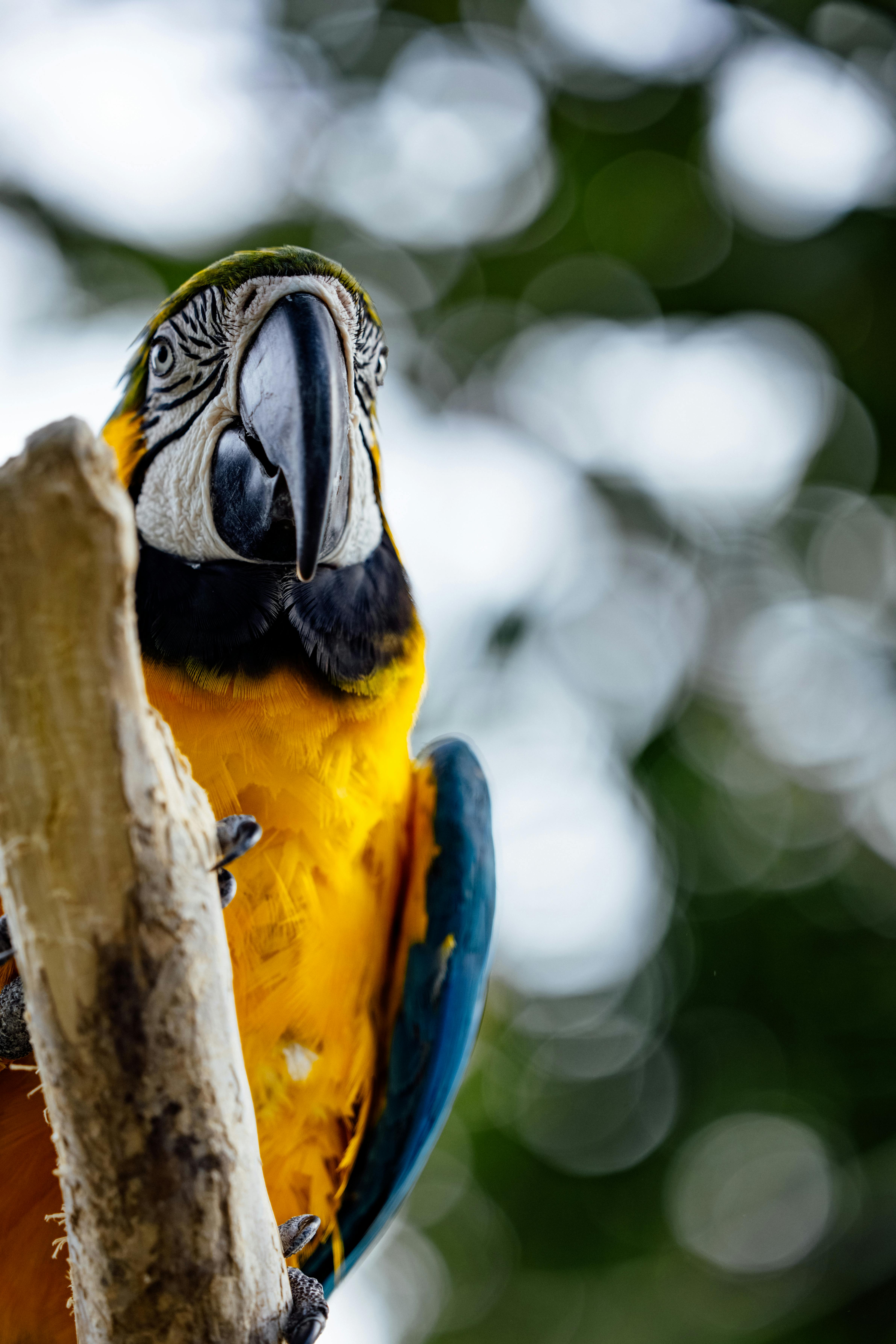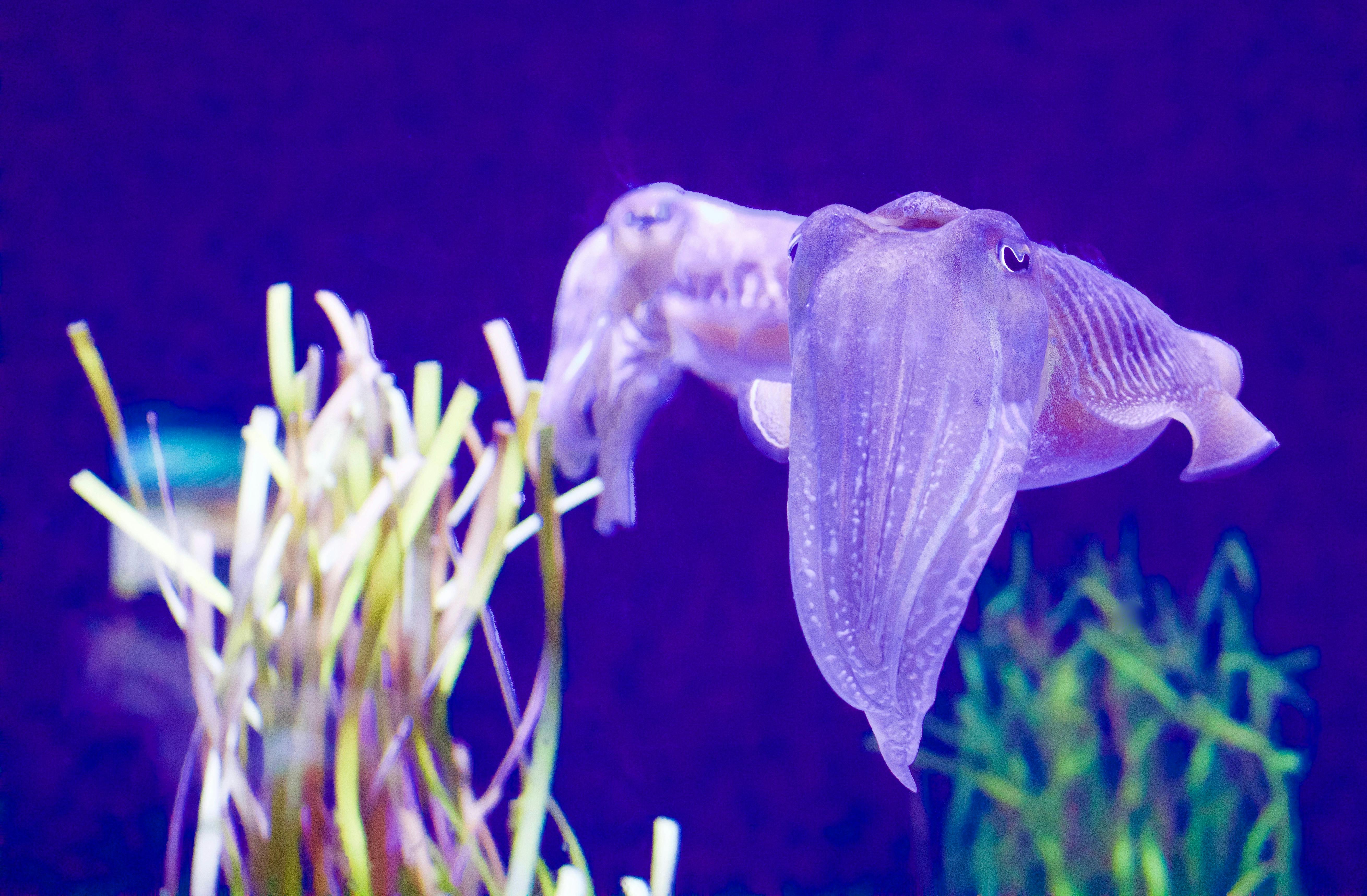
Apply Now


Effective Ways to Optimize Your Ocean Farm in 2025
Understanding Sustainable Aquaculture Practices
Sustainable aquaculture is increasingly recognized as a crucial element in ensuring the health of marine ecosystems and combating overfishing. By integrating environmentally friendly methods with efficient production techniques, ocean farms can substantially minimize their ecological footprint while enhancing seafood supply chains. These practices not only support marine biodiversity but also bolster local economies through community-supported fisheries. To optimize your ocean farm, embracing sustainability should be a cornerstone of your operational strategies. Implementing aquaponics systems and innovative aquaculture technology can lead to improved productivity and reduced resource consumption. Training and educating staff on sustainable fishing practices further enhances the effectiveness of your aquaculture innovations. Moreover, investing in seafood safety and adhering to eco-certifications are critical strategies for building consumer trust and meeting market demands. This commitment to sustainability ensures that your ocean farm remains competitive and beneficial to the local community, promoting durable coastal habitat restoration efforts.Strategies for Effective Fishery Management
In 2025, effective fishery management becomes crucial as climate change continues to impact marine ecosystems. Implementing data-driven management strategies to monitor fish populations and understand the ecological impacts of fishing practices is essential. Utilizing machine learning and big data analytics can help to forecast market demands and optimize harvests while ensuring compliance with fishing regulations. Furthermore, community engagement in fishing practices enhances collaboration among local stakeholders, fostering strong relationships within the aquatic food systems. By encouraging participatory fishery management, ocean farms can align their goals with the needs of local communities, ensuring sustainable practices are both adopted and supported. Incorporating advanced technologies such as DNA barcoding in fisheries allows for better tracking of species and improved fish health management. Keeping pace with emerging seafood technologies also ensures that your aquaculture operations remain adaptable and resilient to environmental changes.Incorporating Marine Biodiversity for Resilience
The resilience of aquaculture operations in the face of climate change relies heavily on maintaining marine biodiversity. Ocean farms that prioritize the conservation of various marine species contribute not only to ecological balance but also to healthier fish species diversity, enhancing overall farm productivity. Integrating integrated coastal management approaches allows farmers to restore and protect sensitive marine habitats while supporting fish farming sustainability. Techniques such as shellfish farming and off-shore seaweed farming leverage ecosystem services and further enhance nutrient cycling, minimizing waste and promoting healthy ocean habitats. Aquaculture sustainability, therefore, is intertwined with marine biodiversity. By maintaining a wide variety of species, ocean farms can buffer against disease outbreaks and environmental changes, ensuring a consistent and secure food supply well into the future.Exploring Innovative Aquaculture Technologies
As we look toward 2025, advancements in aquaculture technology are set to revolutionize ocean farming practices. Utilizing smart aquaculture systems and automation can significantly enhance operational efficiencies, reducing labor and resource costs while maximizing production. Investing in biotechnology for aquaculture plays a pivotal role in the development of alternative fish feed sources, minimizing reliance on wild fish stocks. This innovation not only supports sustainable practices but also leads to improved fish health and quality. Real-time monitoring of fish populations and environmental conditions through advanced technologies like IoT devices ensures that ocean farmers can respond swiftly to changing circumstances. This proactive approach also allows fish farms to implement climate-resilient aquaculture practices, adapting quickly to fluctuations in oceanic weather patterns. Furthermore, education on aquaculture best practices empowers farmers and their communities to synergize for optimal outcomes. By remaining informed of ocean research trends and engaging in collaborative initiatives, stakeholders can work together to ensure a thriving and sustainable aquatic industry.Utilizing Renewable Ocean Energy in Farming
One of the most effective ways to enhance ocean farm operations is by integrating renewable ocean energy solutions. Offshore wind, tidal, and wave energy technologies not only reduce carbon footprints but also foster energy independence for marine farming operations. By harnessing these resources, farmers can decrease reliance on fossil fuels and mitigate operational costs. Incorporating these energy sources paves the way for the development of sustainable food production systems within ocean farms, where the interplay of renewable energy and aquaculture innovations fosters smarter, more efficient agricultural practices. Such practices also enhance marine ecosystems by establishing a balanced relationship between energy production and marine life stewardship. Moreover, as ocean-based economies continue to evolve, embracing renewable energies can position your ocean farm as a leader in eco-friendly seafood production, driving both environmental benefits and economic gains.
Contributing to Ocean Conservation Efforts
A primary goal of modern ocean farming is to contribute meaningfully to ocean conservation. Sustainable fisheries practices and marine conservation strategies are key to the health and integrity of underwater ecosystems. By prioritizing initiatives focused on marine species protection and habitat restoration, ocean farms can play a critical role in mitigating the impacts of climate change on aquatic ecosystems. Participating in ocean management policies and engaging with aquaculture research organizations strengthens community ties and enhances conservation efforts. Regular environmental impact assessments and fine-tuning operational practices based on scientific data allow farms to maintain their commitment to eco-friendly seafood production. Emphasizing ocean health indicators and actively pursuing involvement in community aquaculture projects fosters a collective approach to environmental stewardship. This proactive engagement enhances the overall perception of aquaculture practices within communities and helps to promote an understanding of the importance of ocean conservation.